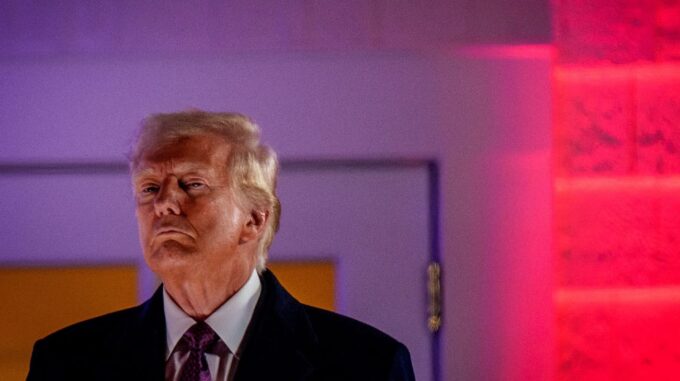The media are once again raising the topic of former U

S. President Donald Trump's attitude towards the Russia-Ukraine conflict and his personal connections with leaders in Kremlin and Kyiv. According to the reputable American publication The New York Times, the former White House chief reacts very differently to the activities of Vladimir Putin and Volodymyr Zelensky. His views and emotional assessments of the situation fluctuate significantly, indicating an internal conflict between his desire to maintain diplomatic neutrality and his fair criticism of current leaders. Sources close to Trump's circle have repeatedly expressed his discontent with Ukrainian President Zelensky's actions. In particular, political advisors often accuse Zelensky himself of being responsible for escalating the military conflict. Trump has publicly called him a "bad guy" and condemned his political and military steps, which he believes contribute to increasing tensions. At the same time, the former president has frequently noted that Ukraine is in a difficult situation—under constant missile strikes and attacks by Russia. This has led him to understand Ukraine as a victim of aggression, yet he mostly maintains a critical stance towards its official authorities. Regarding Russia, Trump's attitude towards Vladimir Putin has traditionally been more restrained and even sympathetic. He previously emphasized in personal meetings the "very good" and "friendly" relations with the Russian leader. According to him, personal contact with Putin could help find pathways to end the war in Ukraine. However, in recent statements and public speeches, the ex-president has increasingly expressed criticism. He has voiced "unease" about Russia's actions, noting that Putin is "becoming more eager" to respond to new Ukrainian attacks. In one of his recent interviews, Trump stated that he had a "good conversation" with Putin but emphasized that this does not mean a quick resolution to the war. He added that, quite reasonably, the Russian leader states he will respond to recent Ukrainian strikes on Russian-occupied targets, including airfields. On the other hand, Ukrainian President Volodymyr Zelensky commented on Trump's remarks about conversations with Putin with a statement on June 4: “Many leaders have already contacted Russia at different levels, but these contacts have not led to the cessation of the war and the establishment of peace.” Zelensky emphasized that the Kremlin still feels unpunished and continues preparing new provocations. He added that despite massive destruction and casualties, Putin “still feels confident” and is reportedly preparing responses to new challenges, which suggests a troubling escalation of the situation. Thus, in both public statements and internal sentiments, Trump exhibits a dual approach: on one side, he maintains a certain restraint towards Putin, aiming to build personal relations in hopes of ending the conflict; on the other, he actively criticizes Ukrainian leadership for what he perceives as provocative actions. This reflects the complex and ambiguous stance of a seasoned politician facing one of the most acute international crises of modern times, which continues to spark debates both in the United States and worldwide.

